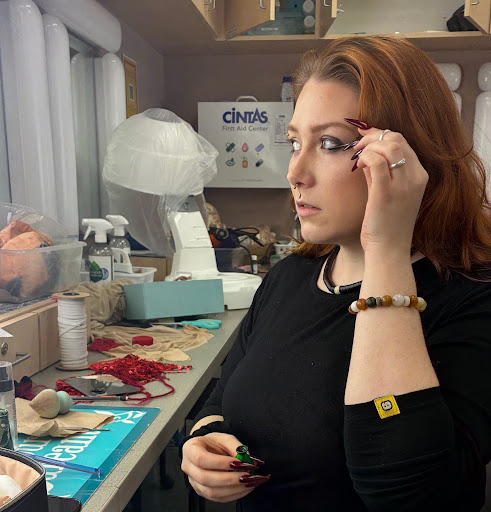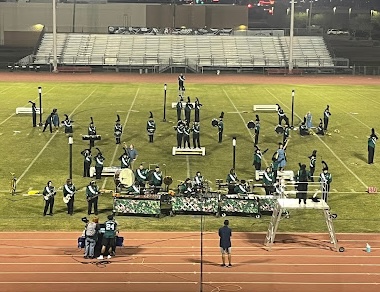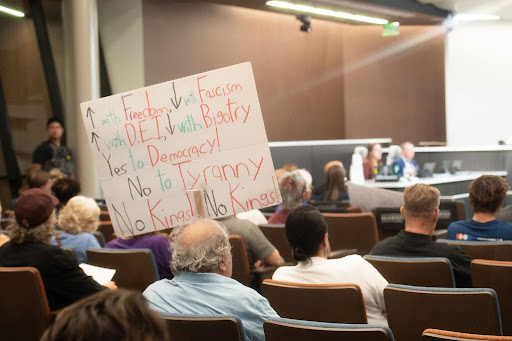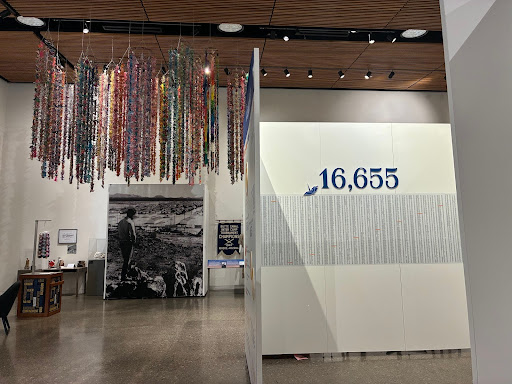Changing music industry norms threaten artists

Music is something we all love and need. With all that’s going on in the world it can be one of our favorable sources for escapism. It for this reason that most consumers don’t have many complaints about how free music has become. In the past 15 years, music has journeyed from the limitation of physical bodies, onto the the Internet where it could be downloaded, illegally before the establishment of legit digital downloading platforms like iTunes.Today, millions of albums are open and available to be enjoyed by anyone with access to the Internet. Streaming is the new and most convenient method to both enjoy and discover new music. Not everyone however is satisfied with music’s newfound freedom. The biggest faces, or masks, in music of this generation came together in March to roll out Tidal. They encourage consumers to pay a monthly fee with promises of better quality, exclusive content, and maybe even a personal phone call from Jay-Z.
At the opening press conference, the speaker was Alicia Keys, who read from a teleprompter screen quotes and rhetoric expressing humans natural love and passion for music. In one she quotes Jimi Hendrix, “Music doesn’t lie.” Has music been trying to tell us this whole time that it wants to be free? It could be why in just under a month of its release, Tidal dropped out of iTunes list for top 700 apps. Mattew Wenzlau is a entertainment attorney and teaches a music business class at MCC. Speaking on Tidal, he says these artists are “trying to undue what the industry is telling them they should do.” The company has received lots of criticism from everywhere, even from fellow artists like the English band Mumford and Sons. Member Marcus Mumford thinks it unnecessary for big artists to make a fuss about compensation from music, when there are many other way the earn income. Especially like the wealthy ones on the Tidal stage.
Taylor Swift, who removed her catalog from the free service Spotify, makes the case that the only way to appreciate the importance and rareness of art, is to pay for it. This is where they are accused of being out of touch. “The focus is slightly missed” said Marshall Mumford. The band want most for “people to listen our music in the most comfortable way.” This seems more like the reality of where music is going. Sales cease to be important, and the focus shifts on the creative quality of music. The movement of music into a more free existence, also prompts a serious dicussion about how music can be created.
The family of the late Marvin Gaye were recently won a copywright lawsuit against singer Robin Thicke and producer Pharrell WIlliams for the song “Blurred Lines.” The family claimed the song copied Marvin Gaye’s “Got to Give it up.” The two tracks do sound similar, and it is clear that producer Pharrell may have been inspired by the song, but they are completely two different records. Is it wrong that their song attempts to channel the feelings and spirit of the late 70s; the era Gaye’s song was recorded? In an article he wrote for the record reporter, professor Wenzlau makes an important point, “As the musical landscape becomes increasingly crowed, the number of works that may resemble each other will increase.” These laws and old models are major impedements to how music is attempting to evolve creatively, and how it can be enjoyed by all the ears who yearn to hear it.









